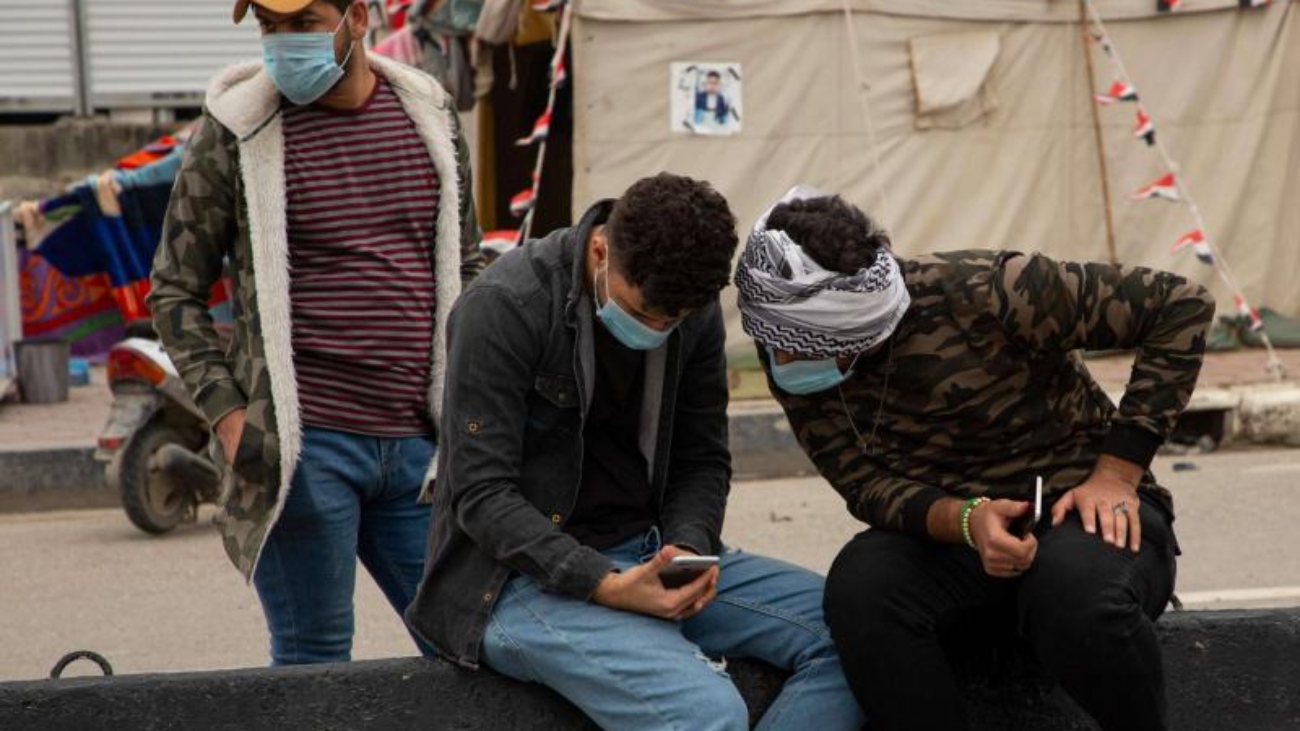This piece was originally published on the thearabweekly website https://thearabweekly.com/
TUNIS/BEIRUT – As the coronavirus spreads across the MENA region, experts warned that conflict, a lack of preparedness and poor governance could impair efforts to curb outbreaks.
“The MENA region is not in an ideal situation to deal with this disease, mainly because of the conflicts and turmoil in the region,” said Harith Hasan, a senior fellow and researcher at Carnegie Middle East.
“In most countries of the region, you have the problem of state functionality. In some countries, it is failed states and inability to provide societies with a considerable degree of governance, competence and performance. Therefore, there is a problem of trust.
“When we listen to people in some of those countries we see that people find it difficult to trust what the governments are saying, partly because there is a history of governments not saying the truth, avoiding transparency.”
Experts said they are concerned about the response of leaders in Iran, which has one of the biggest clusters of coronavirus cases outside of China, where the disease originated. Analysts said the Tehran government downplayed the number of cases — declared at 388, with 34 dead — and failed to take effective measures to prevent its proliferation. Iranian authorities dismissed a BBC Persia report, based on a survey of Iranian hospitals, that put the death toll at least 210.
Elie Abouaoun, director of the MENA Programme at the United States Institute for Peace, said it is “poor governance” rather than a lack of financial resources that poses the greatest problem for countries dealing with the health crisis.
“The relatively poor response to the COVID-19 outbreak in most of the MENA countries has to do much more with the poor governance rather than availability of financial resources,” Abouaoun said. “As a matter of fact, responding to this type of outbreak is not too resource-intensive, especially for the scale we have seen in the MENA countries…
“The failure is, from my perspective, more in the lack of preparedness to deal with such situations. Whereas in some cases, ongoing military conflicts can hinder contingency planning efforts, many of the countries reporting COVID-19 patients should have figured out plans for a concerted interagency response that includes awareness, data-driven public communication, more effective border and travellers management and providing quick and effective health care to patients.
“Most of this did not happen or happened in the most random fashion reflecting a combination of incompetence, corruption, lack of organisation and crippled public administration.”
Abouaoun pointed out that the “inability of the Iranian authorities to effectively mitigate the effect of the outbreak could, to a large extent, have been seen in any other country in the MENA.” However, he added, “challenges” such as incompetence, corruption, lack of organisation and crippled public administration “are certainly more serious in Iran.”
Coronavirus has reached at least ten countries in the MENA region, with the most cases reported in Iran, Kuwait and Bahrain. In Iran, senior government officials have tested positive for the virus. Lebanon, which has four cases of the virus, closed schools until March 8 as a precautionary measure.
Hasan argued that, while most MENA countries face greater obstacles than countries in more developed areas, it is important not to place them all in the same basket or assume that better-equipped countries will be able to rein in the virus.
“I think it is much more difficult in the case of the Middle East to deal with coronavirus for many reasons: The geopolitical conflicts in the region, the problem of the failed states, of incompetent governments in Lebanon, Iraq, Yemen, et cetera, and the economic crises,” Hasan said.
“The economic situation in most of the region’s countries has been worsening in the last few years partly because of the drop in oil prices and because of corruption and demographic growth.”
Still, “other governments in other parts of the world are not prepared to face this completely different challenge,” he added.
“I live in Italy now, a country that has become the epicentre of the virus in Europe, and, although Italy is much better prepared than most of the Middle Eastern countries, still the government is struggling to find a way to contain the virus and to convince people that they are doing the right things.”
Hasan also noted the common challenge posed by the outbreak despite uneven means between the countries of MENA.
“It is something completely different than what the region has faced before,” he said. “It is an enemy that is different from any other enemy in a region that is full of enemies. Even countries with (financial) means, like Kuwait or Bahrain, are finding some difficulties in containing the virus.”

